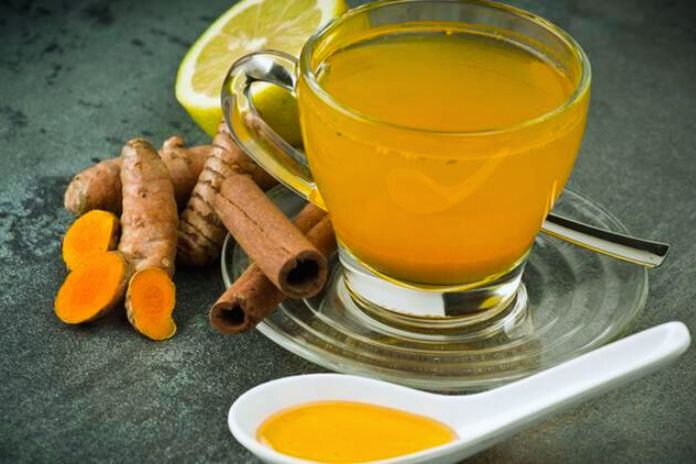What To Drink In Summer: The Benefits Of Flavored Waters And Cold Herbal Teas
Drinking water in the summer is a top priority. If hydration is essential all year round, it is even more so in the summer, especially for those who practice sports. Often the arrival of heat is accompanied by tiredness, irritation, and exhaustion: these unpleasant sensations could be to the detriment of the energy and dedication with which you train.
In fact, by sweating, you lose water and mineral salts. You’ll need to replenish them to lower your body temperature and allow your entire body to function better. Drinking the correct amount of water will allow you to maintain an ideal hydro-electrolyte balance, but not only how drinking water can also be regenerating, fun, and tasty.
Drink Water: A Reminder
Do you forget to drink? Perhaps because you experience it as a “duty” rather than a pleasure. If you listen to your body, you won’t need any reminders to remind you. There are no magical secrets: pay attention to your body’s signals and ensure you always have your water available. Now let’s think about how to make hydration even more pleasant!
Cold Herbal Teas, Purification, And Well-Being
Herbal teas are herbal products. It means that they contain the phytocomplexes of the plant or part of the plant used. Phytocomplexes are active ingredients with a therapeutic or preventive action that characterizes the plant. You can then choose your herbal teas based on the properties and benefits you feel most needed: purification, diuresis, metabolism stimulation, etc..…
Herbal Teas And Cold Infusions: How To Prepare Them?
Herbal tea is a drink obtained by maceration, decoction, or infusion of one or more plants. With these processes, the phytocomplex is extracted, the set of active ingredients of the plant, which benefits our body.
What Is The Difference Between Decoction, Infusion, Or Macerated?
The solid parts (roots, bark, or seeds) are used in the decoction, which is chopped up and boiled for a variable time – 10 to 20 minutes – depending on what you want to extract. The decoction is turned off and infused for another 10 minutes before being filtered and drunk.
The most tender parts of the plant (leaves and flowers) are used in the infusion, over which boiling water is poured, left to rest (5-10 minutes), and filtered and drunk. Warning: the leaves and flowers are not boiled but are placed in boiling water (i.e., off the heat). The herbal teas obtained can be stored overnight in the refrigerator for a drink to sip the next day.
Cold Herbal Teas
Of course, when you think of a cup of herbal tea, you imagine yourself wrapped up in blankets in front of some TV series or busy reading a good book while it’s snowing outside. These drinks are a valid alternative to put in a bottle even when it’s hot. To hydrate and quench your thirst during the summer, there is nothing better than herbal teas or flavored waters to sip cold. Smooth, with ice, or diluted with fresh seasonal fruit smoothies, these drinks help counteract heat-related discomfort, promoting general well-being.
DIY Flavored Waters
Another refreshing drink is flavored water: through the maceration of aromatic herbs and fruit, water enriched with vitamins and minerals is obtained. The preparation is very simple: leave them to macerate in the refrigerator for one to twelve hours, filter them and consume them within a few hours to enjoy all their benefits. Flavored water has so many benefits. For example, the taste of fruit stimulates the sense of thirst. Thanks to their pleasant taste, these drinks help us avoid consuming other sugary drinks. Once the water is finished, you can choose to consume the fruit that was inside.
Sweeteners: Yes Or No?
The herbal teas have a natural herbaceous fragrance. Drinking them “naturally” to fully enjoy the nuances of flavors is advisable. If you don’t like sugar-free herbal teas, a great alternative is a honey or agave syrup, both natural sweeteners.
However, we suggest getting used to enjoying these drinks as they are: gradually reduce the sweetener, and, in a couple of months, you will be able to appreciate the taste of the selected herbs. In the case of flavored waters, on the other hand, the taste given by fruit and aromatic herbs will be sufficient.
Also Read: Pomelo: How Healthy Is The Tropical Fruit?

